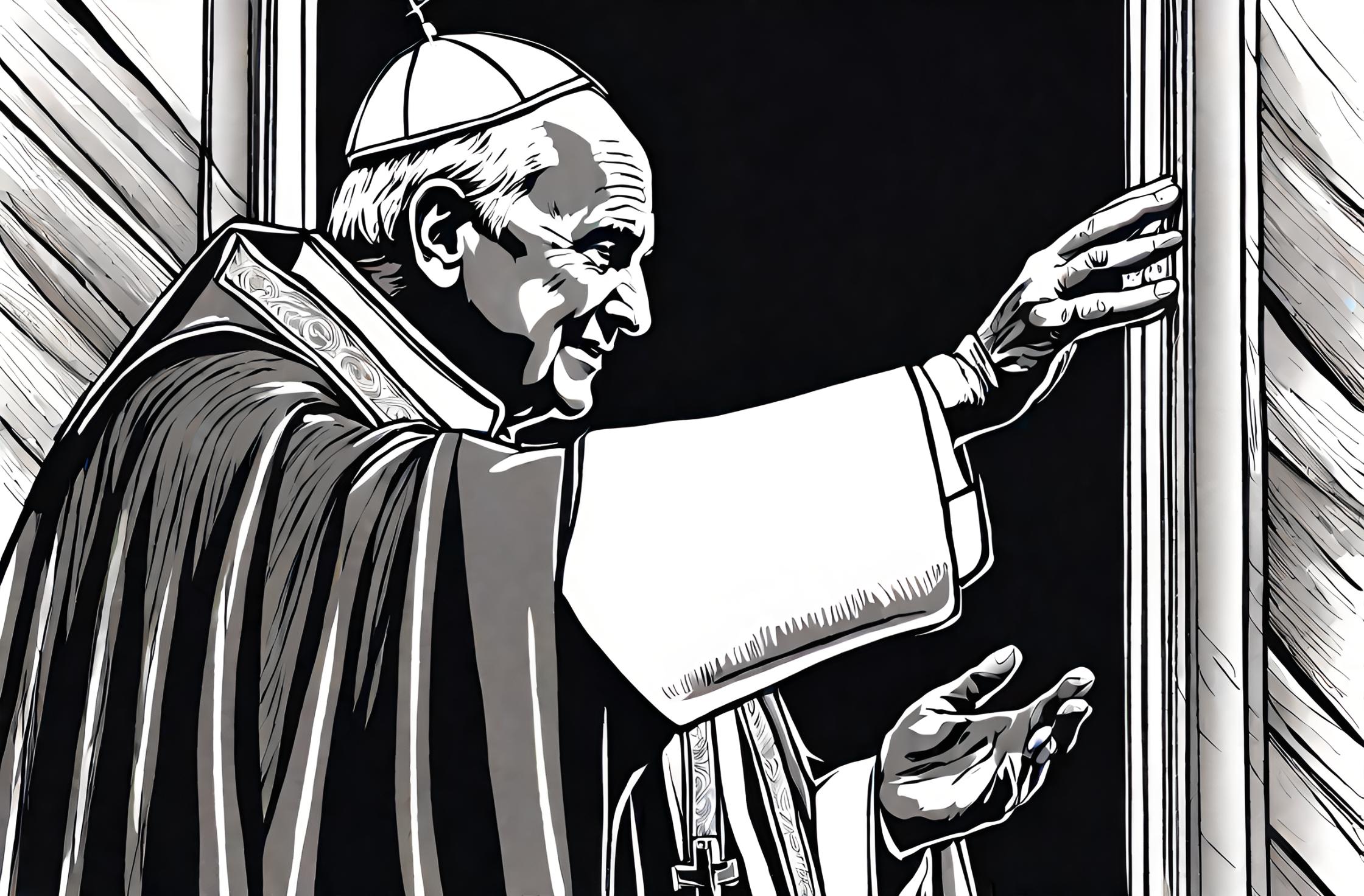Flashback to December 27
World History

Jan Ladislav Dussek, a renowned Bohemian pianist and composer, passed away on March 20, 1812, at the age of 52. His untimely demise marked the end of an era in classical music, leaving a lasting impact on the piano repertoire and influencing generations of musicians to come.
Born in 1760 in what is now the Czech Republic, Dussek showed exceptional musical talent from a young age. He received his early musical education from his father, who recognized his son’s prodigious abilities and nurtured his talent. Dussek’s skills as a pianist quickly became apparent, and he began performing in public at the age of six.
In the late 18th century, Dussek ventured to Paris, the cultural epicenter of Europe at the time. There, he became a prominent figure in the music scene, impressing audiences with his virtuosic piano playing and innovative compositions. Dussek’s style was characterized by its expressive qualities and technical brilliance, drawing inspiration from the emerging Romantic movement.
During his career, Dussek composed a diverse range of music, including sonatas, concertos, chamber music, and vocal works. His compositions were highly regarded for their melodic inventiveness and imaginative use of the piano. Dussek was among the first to experiment with dynamic contrasts and dramatic effects on the piano, techniques that would later become central to the Romantic style.
In addition to his success as a composer, Dussek was a sought-after piano teacher. He had numerous students from all over Europe, many of whom went on to become accomplished musicians in their own right. His innovative teaching methods emphasized the importance of expression and encouraged students to explore the full potential of the piano as a versatile instrument.
Despite his influential contributions to music, Dussek’s personal life was tumultuous. He had multiple failed marriages and experienced financial difficulties throughout his career. These challenges, combined with the political unrest of the time, took a toll on his health and well-being.
Dussek’s death in 1812 came as a shock to the music world. His passing left a void in the concert halls of Europe, where he had been celebrated as a pioneering pianist and composer. However, his legacy lived on, and his compositions continued to be performed and admired.
In the years following his death, Dussek’s music gradually fell out of favor as the Romantic era gave way to new musical trends. However, a renewed interest in his works emerged in the 20th century, with musicians and scholars recognizing his contributions to the piano repertoire.
Today, Dussek’s compositions are once again receiving the recognition they deserve. Pianists around the world are exploring his sonatas, concertos, and chamber music, showcasing the emotional depth and technical brilliance that characterized his music. His unique approach to the instrument continues to inspire and captivate audiences and performers alike.
Jan Ladislav Dussek’s untimely death marked the end of a remarkable musical journey. His innovative compositions and virtuosic piano playing continue to resonate with audiences to this day. Though his life was fraught with challenges, his contributions to classical music endure, reminding us of the lasting legacy he left behind.
We strive for accuracy. If you see something that doesn't look right, click here to contact us!
Sponsored Content

Pope John Paul II…
"Pope John Paul II…

Taliban forces retake the…
"On December 27, 1996,…

England and Portugal sign…
On December 27, 1703,…

USSR performs nuclear test…
On December 27, 1987,…

John Pijnas Dutch painter,…
Renowned Dutch painter, John…

Indonesian National Revolution: Queen…
"Marking a historical event…

